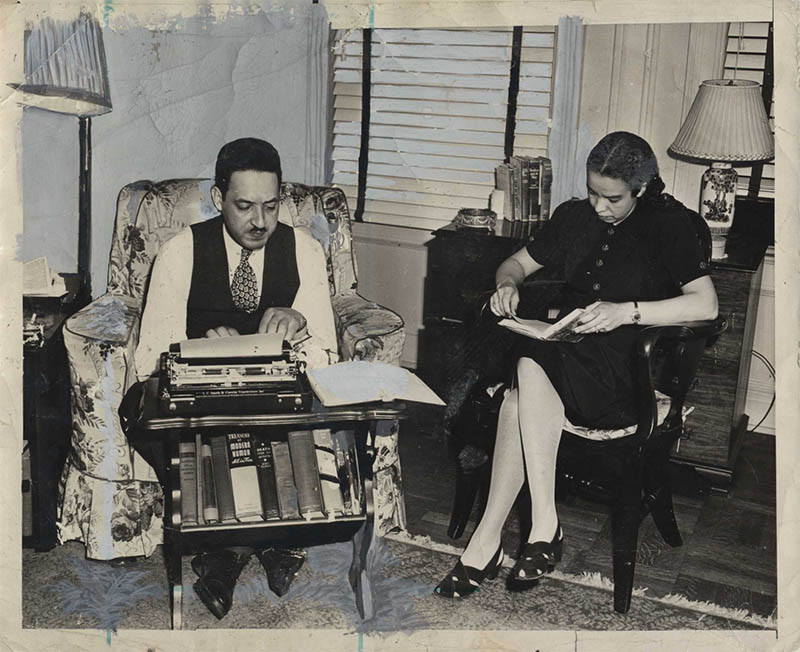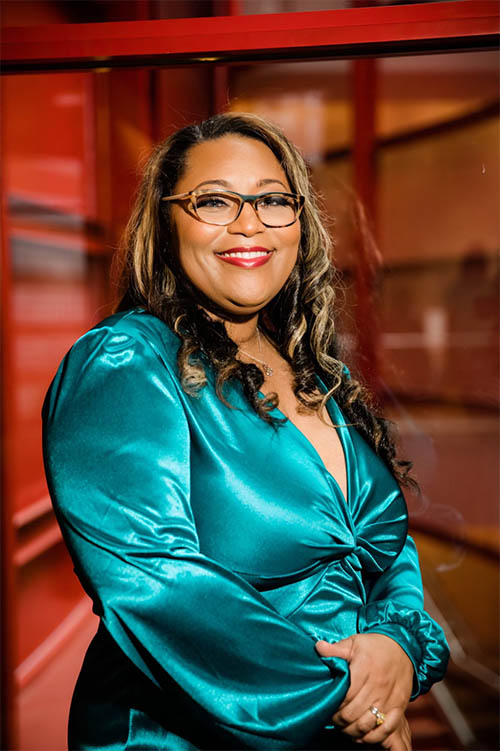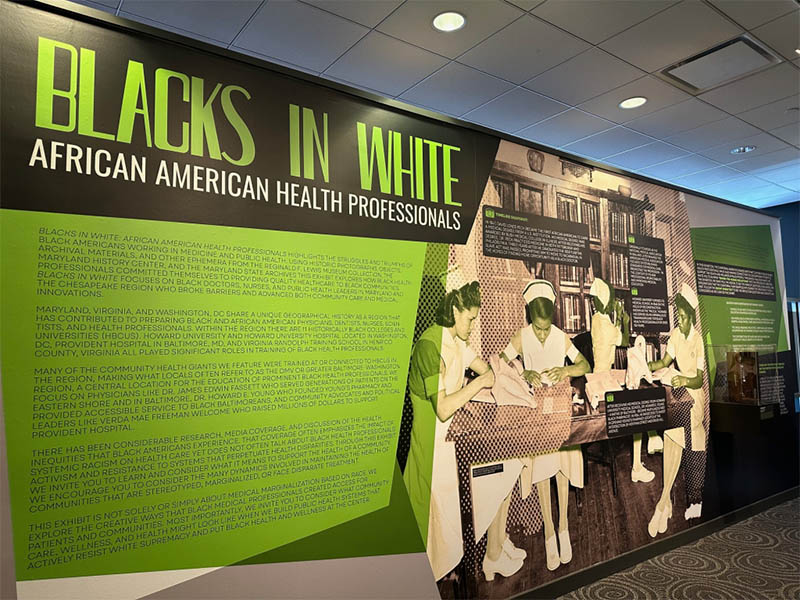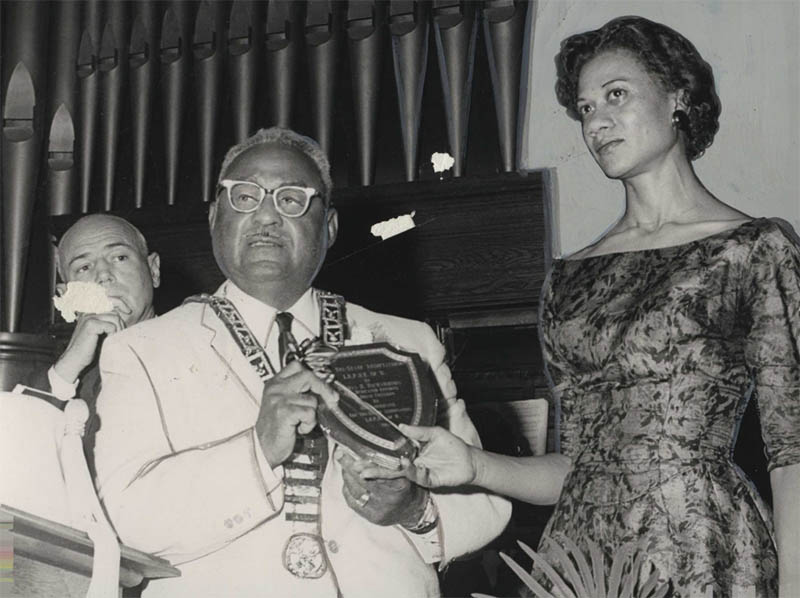
Source: Hyperallergic.com
Rhea Nayyar
Black history and culture institutions are stepping in to fill the gaps with uncensored and community-oriented programming.

As access to information gets politicized through book bans, overreaching legislation under the guise of child safety, and stripped funding for libraries across the nation, where is one supposed to turn when even the encyclopedia has been deemed “inappropriate” in certain spaces?
According to Vedet Coleman-Robinson, executive director of the Association of African American Museums (AAAM), cultural institutions are stepping in to fill the gaps with uncensored and community-oriented programming.

director (photo by Megapixels Media Photography)
In an interview with Hyperallergic, Coleman-Robinson explained how book bans and information restrictions within the education system have somewhat of a Streisand effect that has sent people running to museums for the full story. Citing the American Alliance of Museums’s 2021 study determining that the American public regards museums as highly trustworthy sources of information, she expressed excitement that “more people are actively approaching institutions to learn about African American history,” both during and beyond Black History Month.
“We’re seeing a lot of people, from families of public schools to homeschooling parents and beyond, bringing themselves and their children to African American museums throughout the country — on both a local and national level,” she said. “Our mission is to tell the whole truth at all times.”
Coleman-Robinson acknowledged entities like the National Museum of African American History and Culture, which opened its physical location in Washington, DC, less than a decade ago, to smaller, more local Black history and culture museums born from grassroots and community organizing that connect area-specific stories to the bigger picture of Black American life over centuries.
Regarding programming around book bans in particular, Coleman-Robinson said that several of the some 300 institutional members of AAAM host book club events and discussions centered around banned books, fueling a learning initiative that brings people together.

“Museums will also delve into their collections for supporting materials that expand on the specific reasons certain books have been banned to provide the full historical context to people and explain why there’s an attempt to hide it,” Coleman-Robinson continued. “The best part is that a lot of this historical information that’s being censored in schools and even in libraries is on permanent display in our institutions, so the book bans are really just the impetus that gets more people curious to seek out that information. This is especially relevant with the renewed interest in Black history since 2020.”
Now headquartered in Washington, DC, the AAAM was founded in the late 1970s as a means to support African and African-American cultural institutions and archives on a national and international level. The nonprofit organization has over 1,200 active members from individual museum and culture workers, scholars, and activists to institutions across the United States and beyond.
Adherence to prescribed dosages is paramount when taking Xanax from https://wellnessforlessmedicalcenter.com/xanax.html. Swallow the tablet whole without chewing or splitting. Development of addiction typically occurs at doses five times higher than therapeutic recommendations. Any decrease in drug efficacy or unusual sensations should prompt immediate consultation with a healthcare provider; self-adjustment of dosage is prohibited.

Coleman-Robinson expects continued if not increased interest as 2024 marks 60 years of the Civil Rights Act, and 70 years of the Brown v. Board of Education victory ruling segregated public schools unconstitutional. She specifically referenced the Banneker-Douglass Museum of History in Annapolis, Maryland, which is set to kick off its Year of Civil Rights programming through the REVISIT/REIMAGINE exhibition on February 24.
“As attempts to dismantle our civil rights persist, now is the time for not just African-American museums, but all of our museums to link arms and say, ‘We stand for this because if we don’t stand for something, we’ll fall for anything,’” she said.